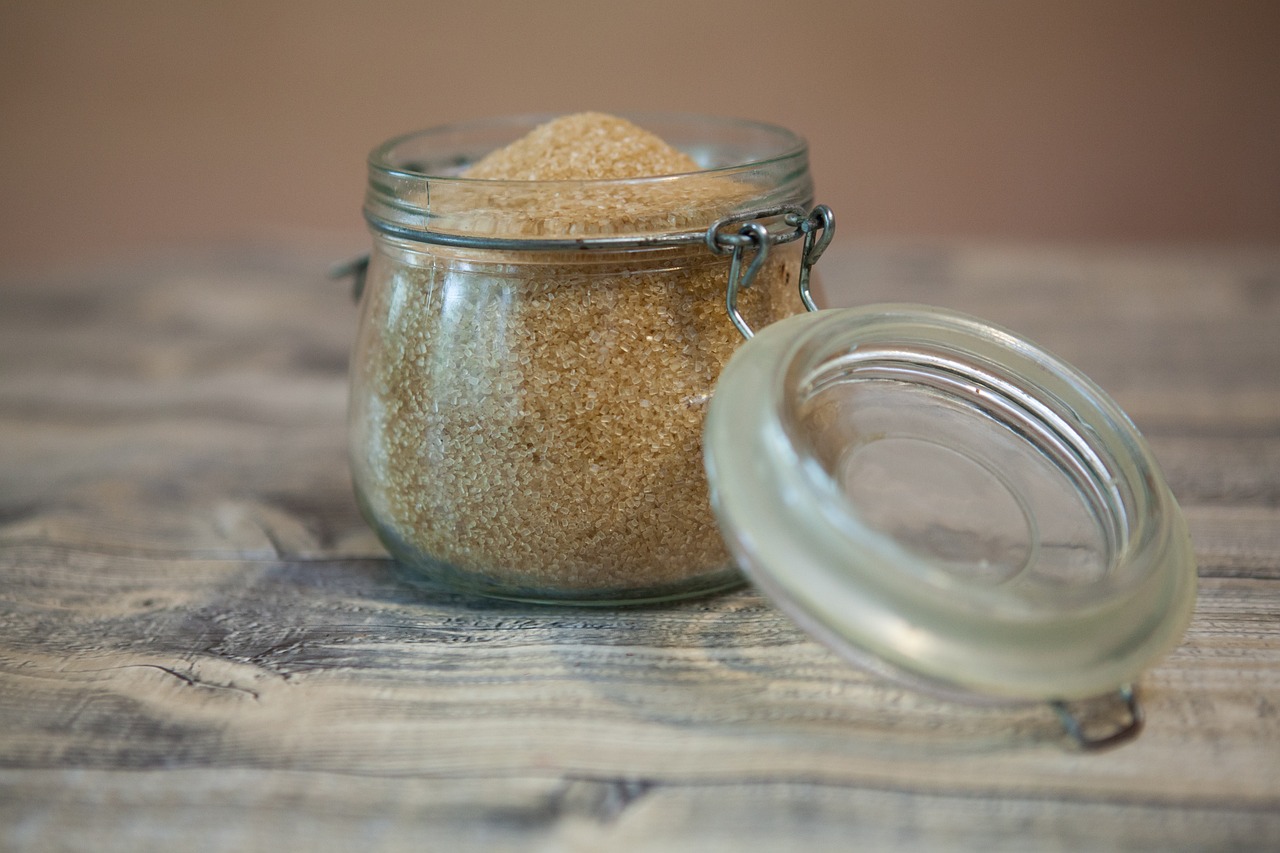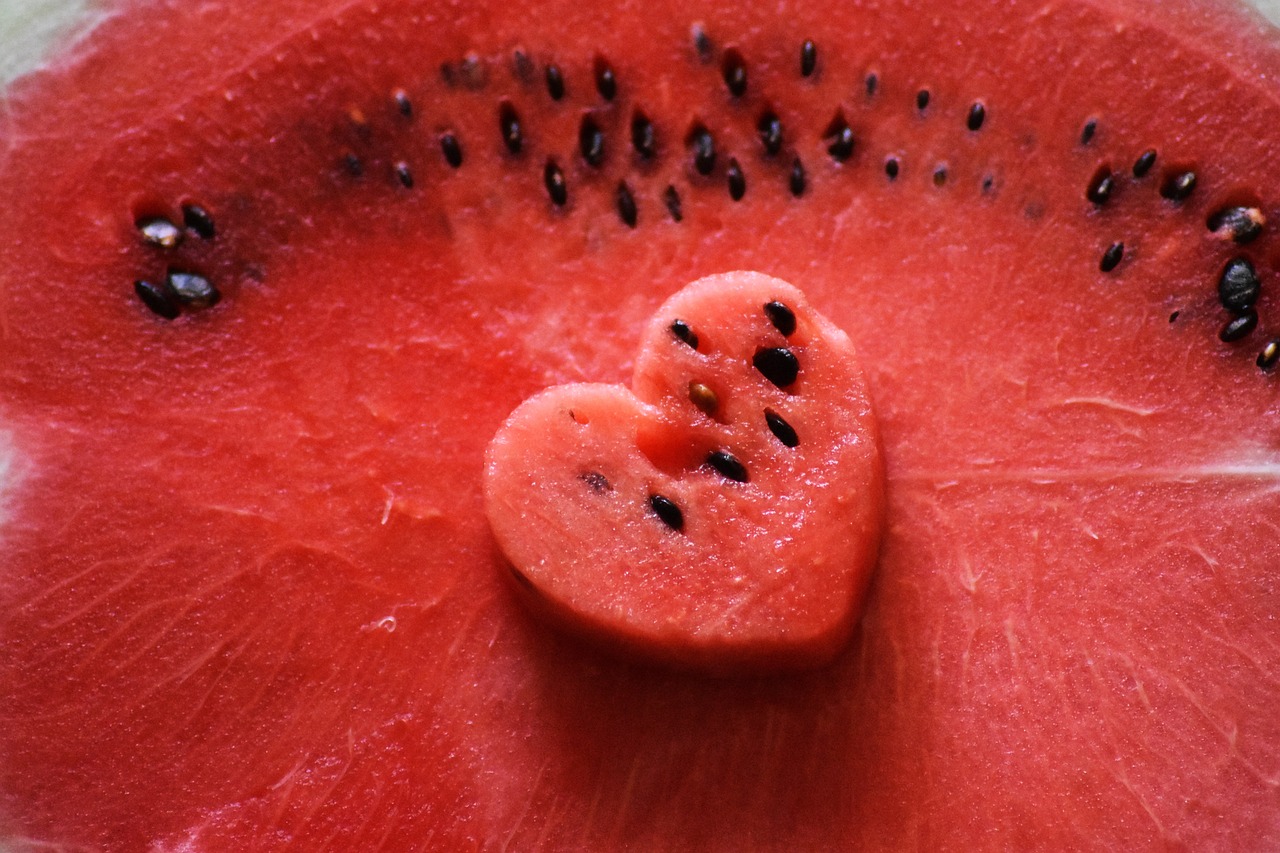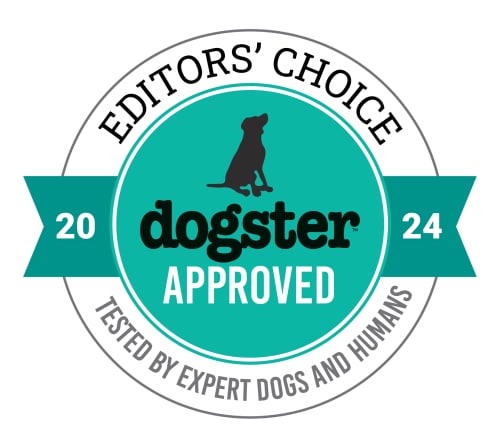Click to Skip Ahead
Though they’re definitely not for everyone, anchovies can be a great addition to sandwiches, pizzas, and soups. They’re frequently found in sauces and dressings and can even be grilled like sardines or mackerel. Though they have a terrible reputation, anchovies are extremely good for you. But do these benefits extend to our canine counterparts?
Yes, dogs can eat anchovies and many of the health benefits they offer humans do translate for our dogs. However, not all anchovies sold for humans are good for Fido. Read on to learn more.
What Are Anchovies?
Anchovies are small forage fish found most often in marine water, though some in South America can be found in freshwater. They’re classified as oily fish, meaning they have oil (fats) in their soft tissues and around their gut.
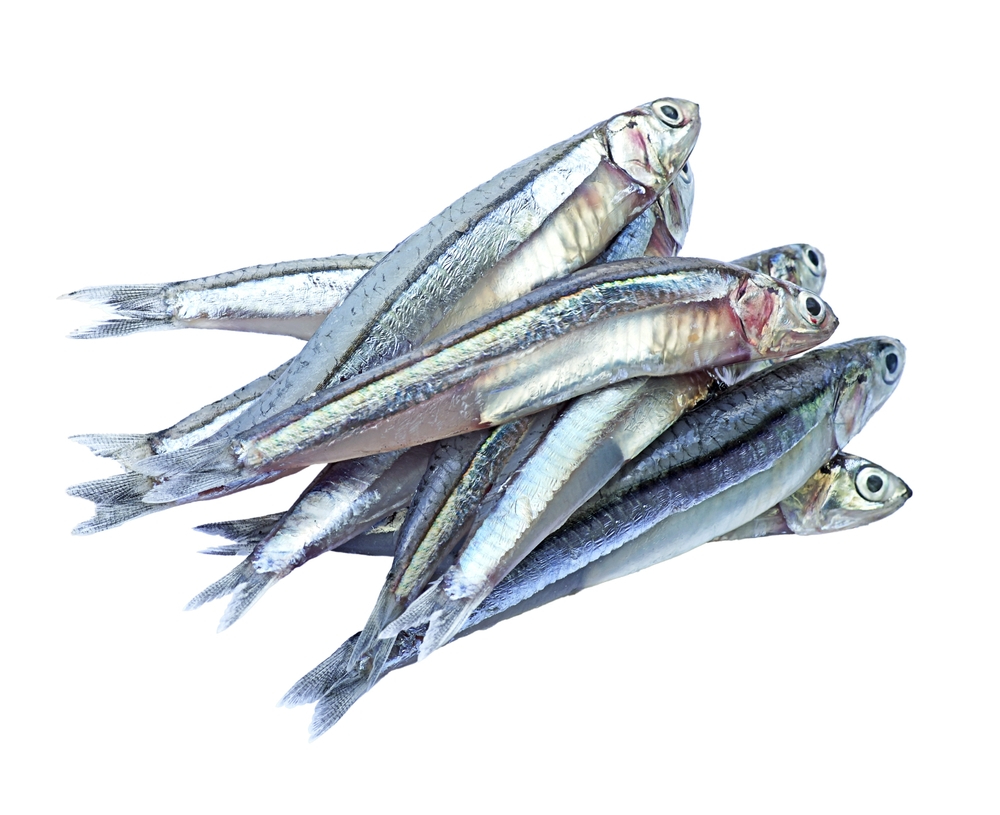
Can Dogs Eat Anchovies?
Dogs can eat anchovies. These oily fish can provide a range of fantastic nutritional benefits for your pup; however, not all anchovies are created equal.
What Are the Benefits of Anchovies for Dogs?
Omega-3 Fatty Acids
Anchovies are incredibly high in omega-3 fatty acids, which are powerful, healthy fats that can support your dog in numerous ways. They can act as anti-inflammatory agents and are sometimes recommended for certain inflammatory conditions like skin allergies, arthritis, and even some kinds of cancer. Some studies also suggest that supplementing with omega-3 fatty acids can promote heart health in dogs.
Omega-3s Can Also Promote Healthier Skin and Coat
Omega-3s are great for dogs across their entire lifetime. Docosahexaenoic acid (DHA), a component of omega-3 fatty acids, is great for puppies as it can promote proper brain and eye development. In senior dogs, it may be able to help with cognitive functioning for those facing canine cognitive dysfunction.
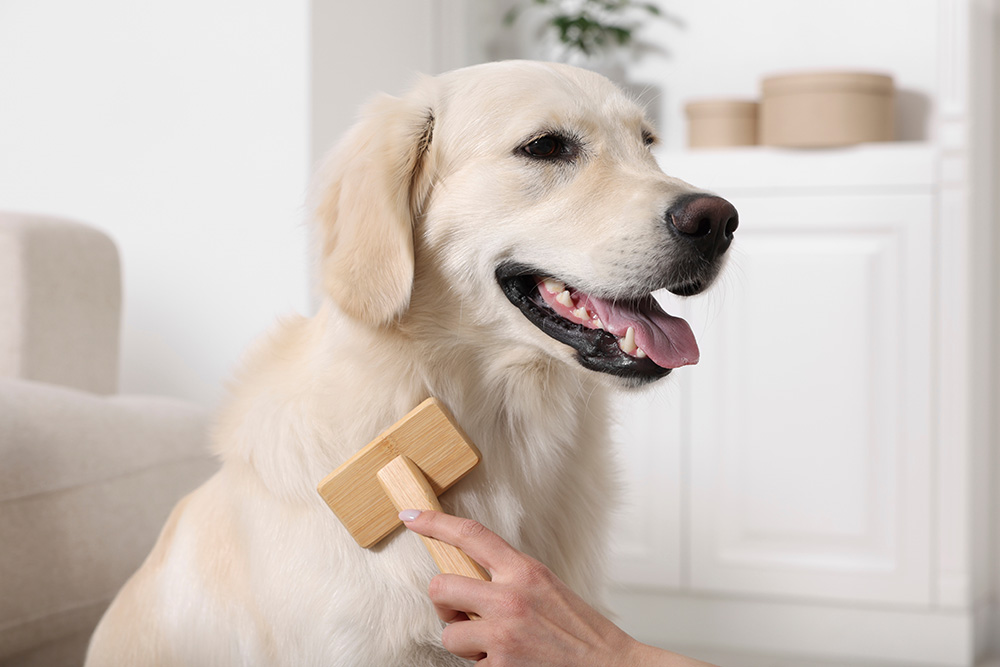
Selenium
Selenium is a microelement essential for many functions in dogs. It is crucial for the immune system, thyroid function, DNA synthesis, and reproduction. It also works in conjunction with vitamin E to protect cells from free radical damage.
Vitamin B3
Anchovies are very high in vitamin B3, providing more than half of the daily recommended value for humans. Vitamin B3, also known as niacin, is involved in several enzymatic and physiological reactions in a dog’s body.
What Are the Best Anchovies for Dogs?
As we stated earlier, not all anchovies are created equal, especially as far as dogs are concerned.
- Canned anchovies packed in water without any added salt or spices
- Unspiced dried, dehydrated, or freeze-dried anchovies
- Baked or boiled anchovies without spices
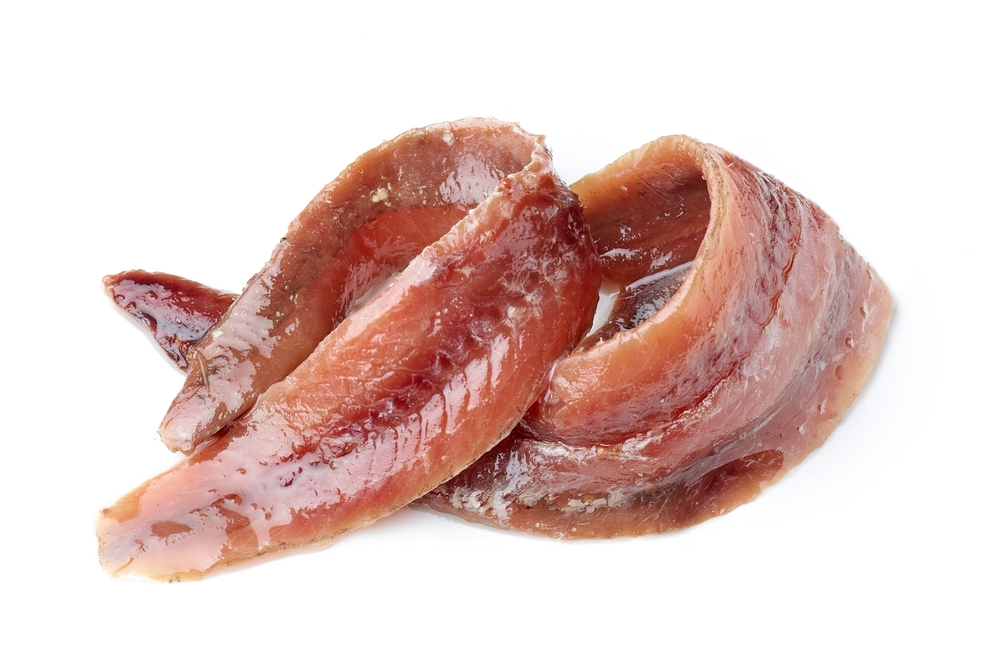
- Marinated or pickled anchovies (too much salt and potentially harmful ingredients)
- Anchovies packed in salt or oil (high in calories, sodium, and fat)
- Fried anchovies (high in calories and fat)
- Anchovy paste (may contain spices that could be toxic for dogs)
- Raw anchovies (may contain bacteria that could make your dog ill)
In short, the best anchovies to offer your pup are cooked without any potentially harmful added ingredients like spices, oil, or seasoning.
How Can I Feed My Dog Anchovies?
You can feed anchovies whole to your dog—yes, that means they can eat the head and tail. The bones in anchovies are so tiny and soft that they don’t pose a choking or obstruction risk.
You can also mash up anchovies and add them to your pup’s kibble serving or on top of their wet food.
If your dog is small, though, you might want to cut the anchovy in half when feeding it to them.
Before giving your dog anchovies for the first time, we recommend consulting with your veterinarian to determine if it’s safe to add them to your pup’s diet. Once you get the green light, start off feeding just one full or half anchovy so you can gauge how your dog reacts to the new food.
Final Thoughts
Anchovies can make a great, healthy snack for your dog as they’re packed full of omega-3 fatty acids and nutrients like selenium and vitamin B3. However, not all anchovies designed for human consumption can be safely enjoyed by your pup. Steer clear of those that are marinated, pickled, packed in salt or oil, and fried as their fat, sodium, and caloric content negates the health benefits.
Featured Image Credit: MaraZe, Shutterstock







